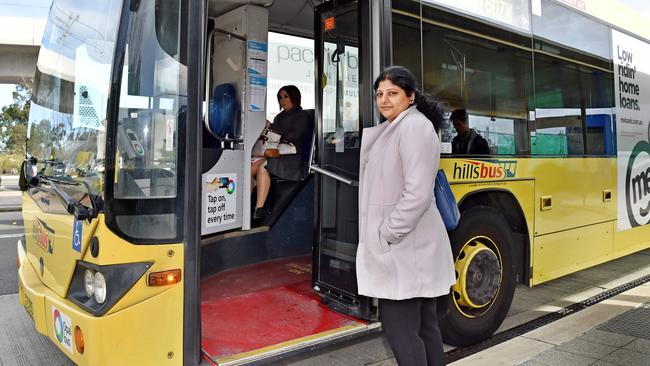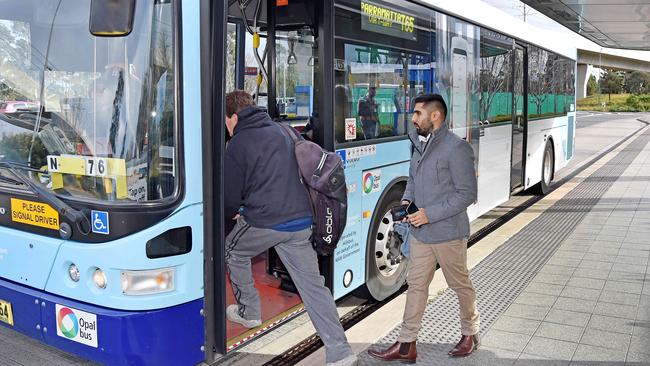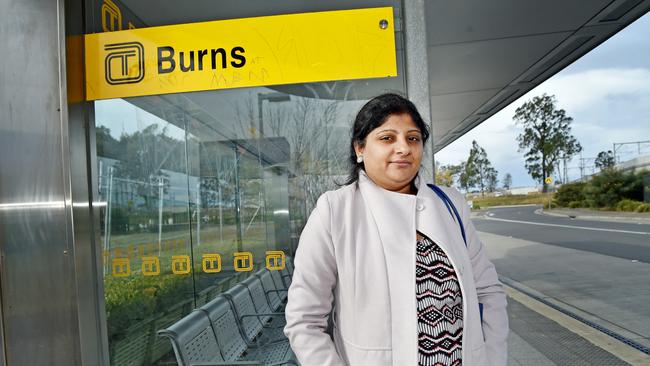Hills commuters claim Opal price rise not warranted due to lack of public transport infrastructure
COMMUTERS say an Opal fare price increase on July 2 is not warranted due to a lack of infrastructure and parking around public transport hubs across The Hills.

Hills Shire
Don't miss out on the headlines from Hills Shire. Followed categories will be added to My News.
- Outer Sydney Orbital: North west rural towns fear proposed corridor
- Calls to finish Hornsby Hospital rebuild
COMMUTERS say an Opal fare price increase on July 2 is not warranted due to a lack of infrastructure and parking around public transport hubs across The Hills.
NSW Transport Minister Andrew Constance revealed fares would rise by 2.2 per cent next month, or on average about 39c per passenger a week.
● PLAN TO OPEN METRO SEVEN MONTHS EARLY
●CASTLE TOWERS TO PROVIDE PEDESTRIAN LINK TO SYDNEY METRO STATION
Mr Constance said the increase reflected the rate of inflation and was less than the Independent Pricing and Regulatory Tribunal’s recommended increase of 4.2 per cent
Kellyville resident Dineesha Dronavalli said she and her husband already paid the equivalent of one month’s salary a year to commute to the city and were concerned about what the increase would mean for young families.

“It just isn’t right, this is the only public transport available …,” she said. “There is not enough parking and infrastructure at our bus stops and T-ways to cater for such a large population in The Hills, but the government still thinks it is okay to increase our fares.”
Mrs Dronavalli said the increase could push some households “over the edge”.
“Our wages aren’t increasing but cost of living, including Opal is,” she said. “Every day I travel from Kellyville to Town Hall and off-peak this already costs $5.60 or more than $2800 a year.”

The Opal fare increase could mean some commuters will pay an extra $60 per year to commute by bus from Kellyville to the Queen Victoria Building in Sydney.
Mr Constance said while there had been improvements to public transport links, he recognised affordability was a key concern.
“Since the introduction of Opal in 2012, this government has kept the fares low with a five-year fare freeze and then an adjustment to fares by CPI only last year, and again this coming financial year,” he said. “Since 2011 we have introduced over 30,000 additional weekly public transport services and still managed to keep fares low.”

